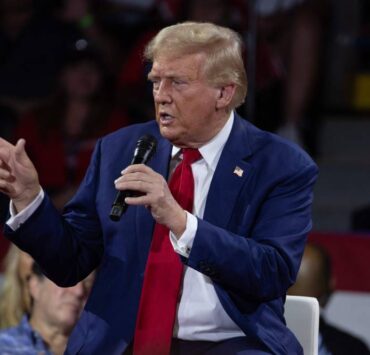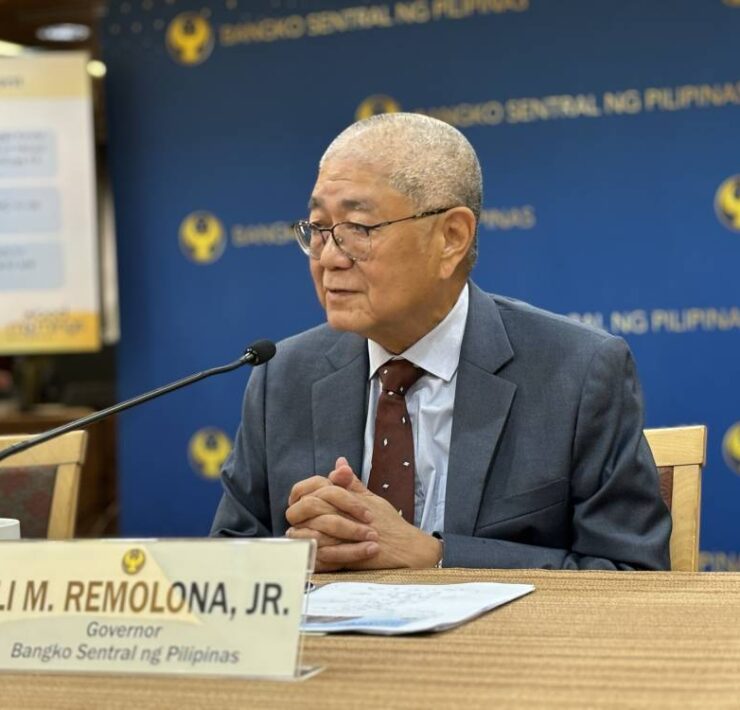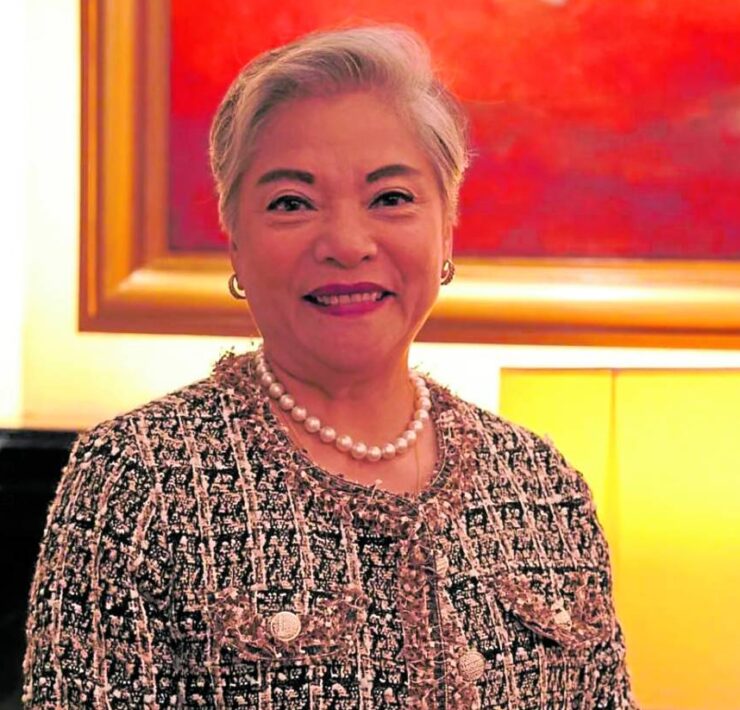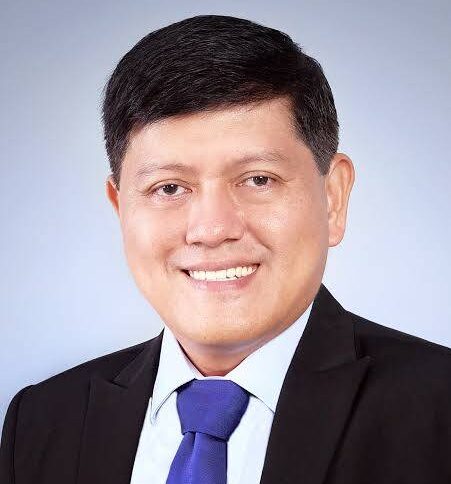BSP wants to deepen market for mopping up tool
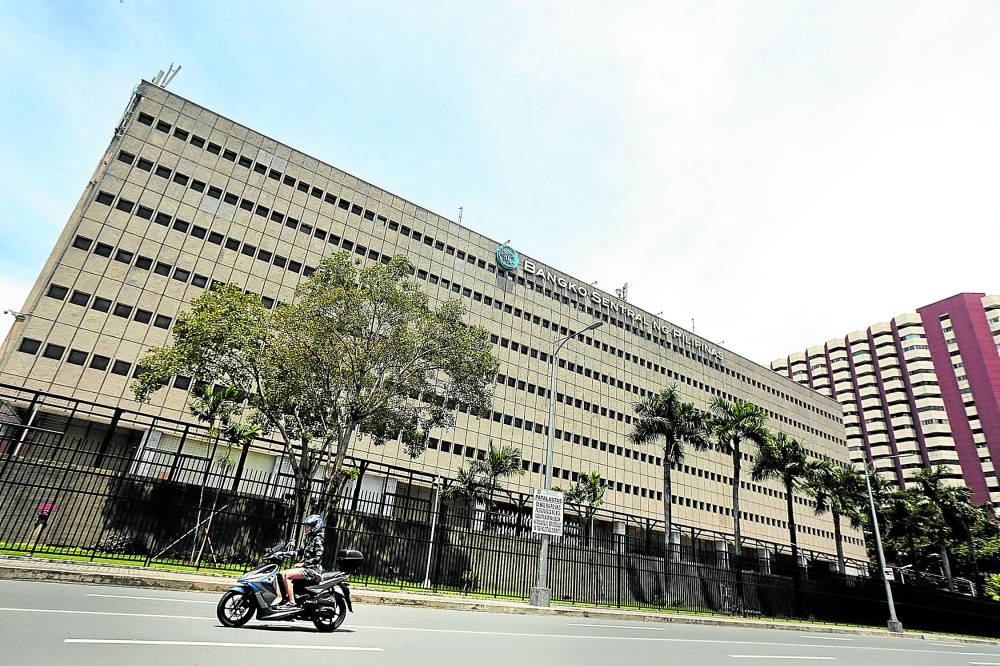
The Bangko Sentral ng Pilipinas (BSP) plans to refine its liquidity management tools to allow more market participants to invest in central bank securities, hoping to improve the absorption of excess money supply circulating in the economy that may stoke inflation.
Without discussing the specific plans, BSP Assistant Governor Zeno Ronald Abenoja said monetary authorities are currently working on “broadening” the eligible counterparties that may participate in the trading of BSP securities, a key instrument that the central bank uses to manage domestic liquidity.
Initial steps have already been taken, Abenoja noted. Recall that the BSP recently allowed unit investment trust funds (UITFs) with a minimal share of foreign funds to invest in BSP securities in the primary and secondary markets. Prior to this, trust entities could only invest in BSP securities through UITFs that have no foreign participants.
“So we may consider and see which part of the industry could also join in this particular facility. Nonresident funds have been there,” Abenoja said.
“..That will be part of the consideration on possible areas of further refinements moving forward,” he added.
BSP securities are issued by the central bank as one of its tools for liquidity management in the financial system. As much as possible, the central bank wants to avoid having too much money supply chasing too few goods because it can push up consumer prices.
The central bank mostly issues BSP bills with shorter tenors, but it can also offer BSP bonds with longer maturities when there is persistent excess liquidity that can fan inflation. At present, participation in auction of BSP securities is limited to big banks, thrift banks, nonbanks with quasi banking functions and trust entities.
For his part, Governor Eli Remolona Jr. said allowing more market players to invest in BSP securities would help shorten the lag in transmission of monetary policy.
”In general, we want deeper and more liquid markets because the yields tell us something about the economy,” Remolona said.
”In a market, the more differences of opinion there are, the more liquidity there is… The differences in opinions are reconciled in the market. There’s a consensus that is built in the market that people trade. That’s what we want,” he added.














